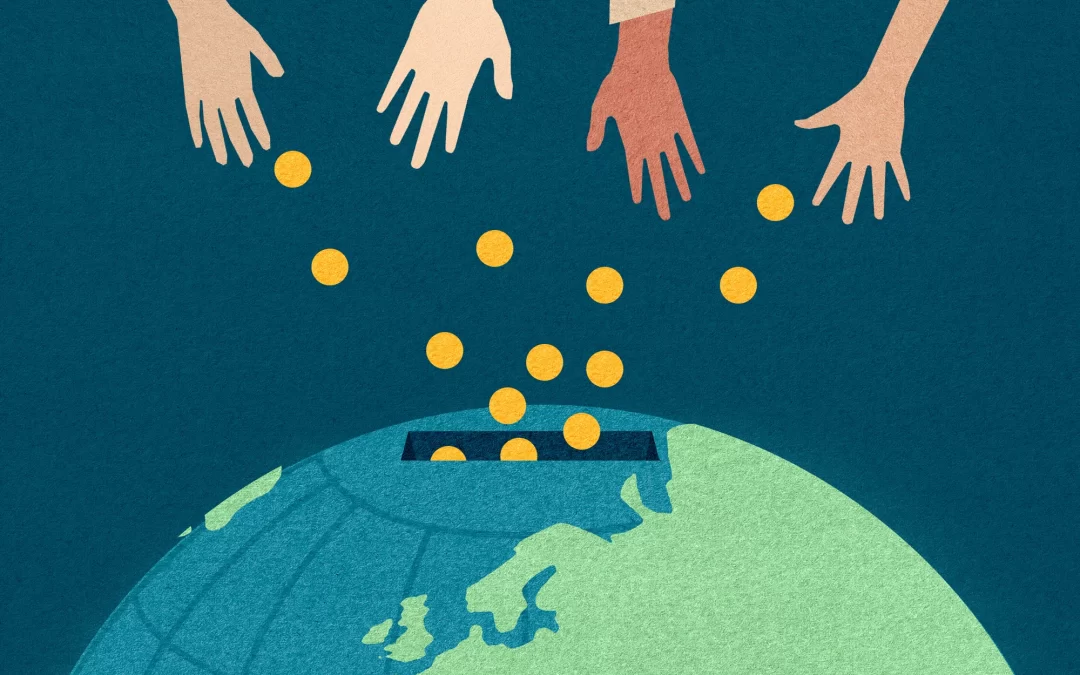In his groundbreaking work “The End of Poverty,” Jeffrey Sachs presents a compelling case for intertwining environmental sustainability with economic development as a blueprint for achieving long-term growth that benefits both people and the planet. This visionary approach recognizes the intricate relationship between human well-being and the health of the Earth’s ecosystems, emphasizing that the pursuit of economic prosperity should go hand in hand with responsible environmental stewardship.
The Conundrum of Economic Growth and Environmental Degradation
Historically, the trajectory of economic growth has often come at the expense of the environment. Rapid industrialization, resource extraction, and pollution have taken a toll on natural ecosystems, contributing to climate change, loss of biodiversity, and ecological imbalances. Sachs acknowledges this dilemma and underscores the urgency of breaking the cycle of unsustainable development.
Sachs’ approach challenges the notion that environmental conservation and economic growth are mutually exclusive. Instead, he advocates for a paradigm shift that integrates sustainable practices into economic strategies. This not only safeguards the planet’s natural resources but also ensures that future generations can inherit a world rich in biodiversity, clean air, and freshwater.
Investing in Clean Technologies and Renewable Energy
Central to Sachs’ vision is the adoption of clean technologies and renewable energy sources as drivers of economic growth. He recognizes that transitioning from fossil fuels to sustainable energy alternatives is essential for mitigating climate change and ensuring energy security. Clean energy investments not only reduce carbon emissions but also create jobs, stimulate innovation, and promote local economic development.
Sachs envisions a future where nations harness the power of solar, wind, hydroelectric, and geothermal energy to meet their energy needs sustainably. By prioritizing the development and deployment of these technologies, societies can simultaneously address environmental challenges and foster economic resilience.
Balancing Economic Development with Conservation
Sachs’ advocacy for environmental sustainability extends to the conservation of natural habitats and biodiversity. He emphasizes the importance of protected areas, sustainable land management, and responsible resource utilization. By incorporating ecological considerations into development plans, nations can preserve vital ecosystems while reaping economic benefits.
In this regard, Sachs’ vision aligns with the concept of “green growth,” where economic development is pursued within the boundaries of planetary limits. By valuing ecosystem services, protecting natural capital, and prioritizing sustainable land use, societies can strike a harmonious balance between economic prosperity and environmental integrity.
Conclusion
Jeffrey Sachs’ call for environmental sustainability and economic prosperity underscores the interconnectedness of human well-being and the health of the planet. By embracing a holistic approach that integrates sustainable practices into economic strategies, societies can achieve long-term growth that benefits both present and future generations. Sachs’ vision offers a roadmap for harmonizing economic development with environmental conservation, paving the way for a balanced and thriving future.








